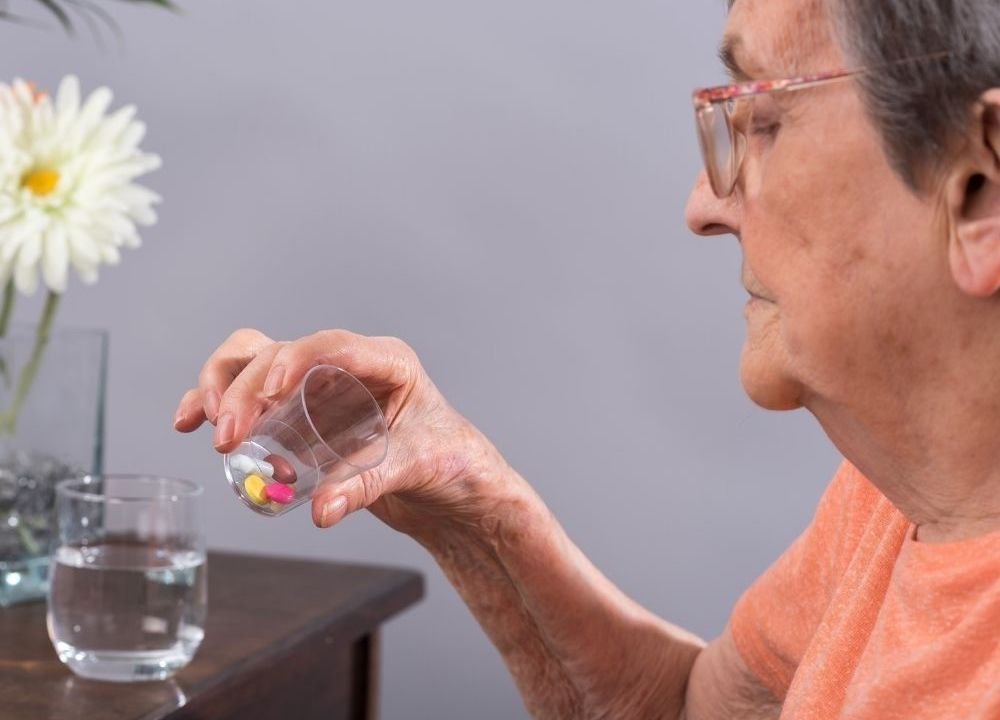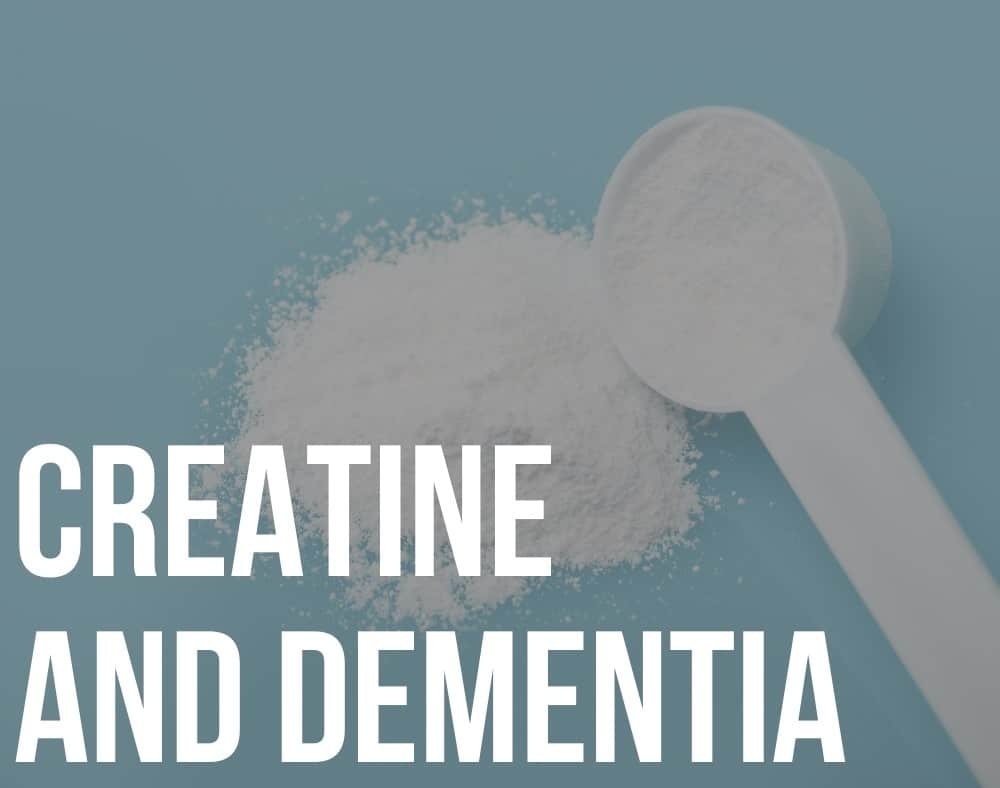One of the questions that seniors ask us regularly is: Can Alzheimer’s medication make you worse?
Even though there is still no cure for the progressive illness, some dementia specialists may prescribe Alzheimer’s medication that may help to manage symptoms.
But can the condition get worse?
Let’s explore the effects of AD medication below and whether or not you should be taking it.
Contents
The Effect of Alzheimer’s Medication

Different scenarios play out when a person with AD takes Alzheimer’s medicine. For some, the medication offers relief to some symptoms an individual is facing.
A percentage of individuals will not get any results after taking the medicine.
Some people can become worse after they start taking the medication.
This goes to show that it is not possible to say yes or no when answering the query can Alzheimer’s medication make you worse.
David Perlmutter a professional neurologist is of the point of view that medication should be a last resort when taking care of an individual with AD.
He states that most drugs prescribed to treat AD are associated with more aggressive cognitive function decline.
David urges physicians to change their care approach.
He reports that he has dealt with the progressive illness for years having lost his dad to the disease and has not yet identified any medication that helps.
Should you Take Alzheimer’s Medication

The decision on whether or not to take Alzheimer’s medicine is not a simple one. Several factors come into play.
Examples of things a person should consider before taking the medication include:
- Understanding that the medication does not work for everyone and even if it works it may not make a significant difference.
- Finding out what’s the medication for and the results to expect after taking the medicine.
- Cost implications: AD medicine may be quite costly. A person can try taking them for some time to see if they are helpful and worth the investment.
- Side Effects: most drugs that people with Alzheimer’s take have a variety of side effects that an individual may have to deal with. Make sure you discuss this with your doctor to get expert advice on whether or not to take the medication.
- Drug Interaction: if the person with AD is taking other types of medication, it is important to discuss this with the physician to know whether it is okay to take additional medication.
- How the medication will be taken: Affected persons and their caregivers should also consider how the medication should be taken to ensure they do it in the right way. Always take medication as directed by a professional physician to be on the safe side. Record any changes that happen after taking the meds and discuss this immediately with the doctor to know the next course of action.
Takeaway
When it comes to Alzheimer’s medication it is important to note that they do not work the same for everyone.
The medication will also not cure the illness or stop its progressions.
Experts also state that the effects of pharmaceutical drugs normally wear off over time.
It is one of the reasons it is not easy to answer the query can Alzheimer’s medication make you worse?
For some people, the medication will help while in others it can end up making things worse.
It is, therefore, ideal to take Alzheimer’s medication for as long as they prove useful.
In cases where medication does not work, affected persons, physicians, and caregivers should explore other ways of managing symptoms and improving quality of life.
Research is, however, ONGOING to identify or develop more effective drugs that can help people with Alzheimer’s disease.
Bonus: 2 Types of Alzheimer’s Medication

Mayo Clinic reports that there are two types of pharmaceutical drugs approved by the FDA that might help manage the symptoms of Alzheimer’s disease (AD).
1. Cholinesterase inhibitors
These help boost the amount of acetylcholine in the nerve cells by preventing its breakdown in the brain.
One of the hallmarks of an Alzheimer’s brain is decreasing levels of acetylcholine a chemical messenger that is important for memory, alertness, judgment, and thought.
Because cholinesterase inhibitors cannot stop the destruction of nerve cells or reverse AD, their effect ends up dwindling as the illness continues to progress and brain cells are forced to produce less acetylcholine.
Common side effects include diarrhea, vomiting, and nausea. It normally helps to start with a low dose and gradually move to a higher/recommended dose.
Examples of cholinesterase inhibitors include:
1. Galantamine: It is primarily i use to treat mild or moderate Alzheimer’s. Affected individuals can either take a pill once every day or an extended-release capsule two times a day.
2. Rivastigmine: Approved for mild to moderate AD and it comes as a pill. A skin patch is also available for persons who have severe Alzheimer’s.
3. Donepezil: Taken as a single pill daily, this is used to treat all Alzheimer’s stages.
2. Memantine

This is mostly in use to treat moderate to severe Alzheimer’s.
It helps to regulate glutamate activity a messenger chemical that is involved in multiple brain functions including memory and learning.
It is available as a syrup or pill. Common side effects include agitation, confusion, dizziness, and headache.
As Alzheimer’s disease continues to progress your symptoms may change which leads to adjustments in care plans.
Your doctor will conduct an ongoing review to decide whether or not to include AD medication in the care plan.
Note that there is also different medication that doctors prescribe to help deal with emotional and behavioral symptoms that persons with AD may have.
These include agitation, lack of sleep, appetite issues, confusion, paranoia, and many others.
The medicines can include antipsychotics, anti-depressants, sleep aids, and anti-anxiety medication, etc.







